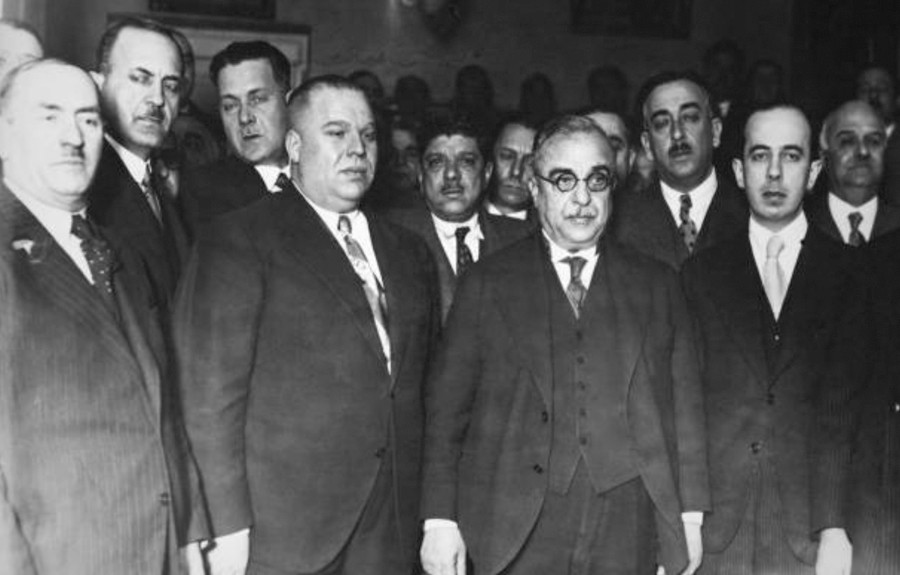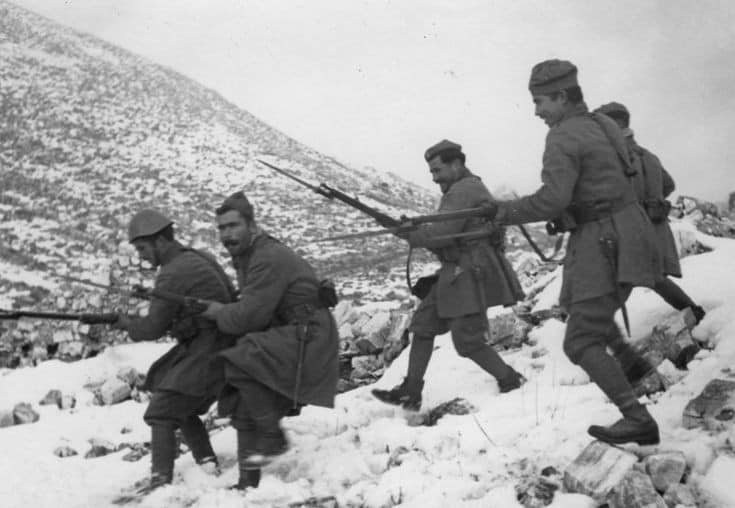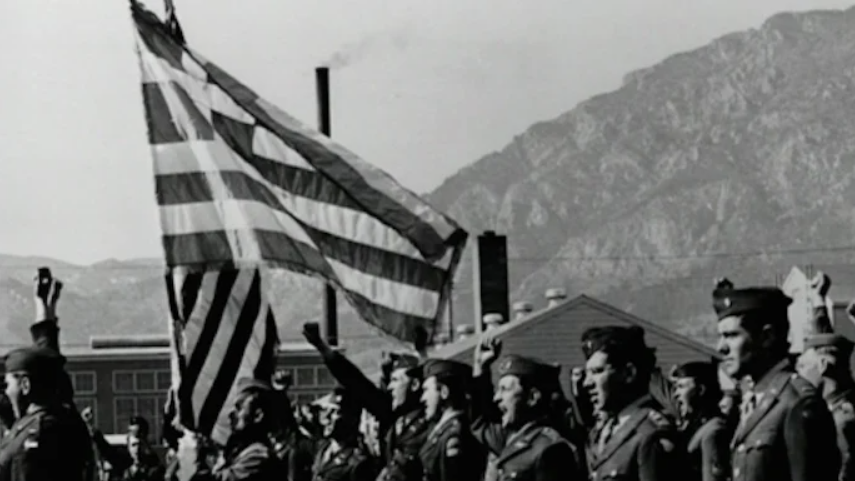By Billy Patramanis.
October 28th. One of the most important dates for the Greek people. It’s a day that reminds us that Greek people are courageous, strong and resilient.
It’s the day we said ‘OXI’ (NO).
Greece is located in Southern Europe, boarded by both the Ionian and the Mediterranean Sea. During World War II (1939-1945), Greece was a strategically important region, as anyone who occupied the country would control the majority of the Mediterranean Sea and give their army a valuable base for all its operations.
The Axis powers of Germany, Italy and Japan grew fond of Greece’s location and wanted to occupy the land to increase their chance at victory.
At 3am on Monday, October 28, 1940, Italian ambassador to Greece, Emanuele Grazzi, delivered to Greece an ultimatum made by Italian dictator, Benito Mussolini.

Mussolini proposed to Greek Prime Minister, Ioannis Metaxas, that the Italian army gain free passage through Greece to occupy certain “strategic locations” for war purposes.
Metaxas was faced with an ultimatum – Surrender or go to war.
He responded, “Alors, c’est la guerre,” which is translated to, “then it is war.” While Metaxas didn’t actually respond with ‘OXI’, the Greek newspapers at the time printed “OXI” over their front pages, and the streets of Athens were filled with patriotic Greeks chanting “OXI.” Thus, OXI Day was born.
By 5.30am, Italian armies were at the Greek-Albanian border of the Pindus region, Northern Greece. They were met with resistance from the Greek army. The Greco-Italian war, as it would be called, was a crucial battle in the outcome of WWII, lasting from October 28, 1940 to April 23, 1941.

During the fierce battle, 14,000 Greek soldiers would be killed. Prime Minister, Ioannis Metaxas, would be killed and new Prime Minister, Alexandros Koryzis, committed suicide.
Despite all this tragedy, poorer weapons, uniforms and planning, against all odds, the brave Greek soldiers managed to drive the Italian army out of Greece. This battle gave the Allies the boost in confidence they needed to overturn the outcome of the war and defeat the Axis powers.
Winston Churchill would later praise the Greek army, saying: “Hence we will not say that Greeks fight like heroes, but that heroes fight like Greeks.”
In the end, OXI Day is a proud day for all Greeks. Without the Greek resistance against the Italian army, the outcome of WWII could have been very different.

